Oct 30, 2018
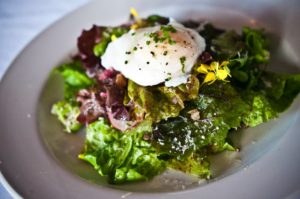 Between August 13th and September 18th, Cultivate Community Food Coop (CCFC) ran a Farm to Table food pilot to deliver locally grown produce and locally prepared cooked meals to our CCFC owners’ homes in the Benicia/Vallejo area. The effort was a partnership between Cultivate Community Food Co-op, Solano County Health and Social Services, and Sustainable Solano.
Between August 13th and September 18th, Cultivate Community Food Coop (CCFC) ran a Farm to Table food pilot to deliver locally grown produce and locally prepared cooked meals to our CCFC owners’ homes in the Benicia/Vallejo area. The effort was a partnership between Cultivate Community Food Co-op, Solano County Health and Social Services, and Sustainable Solano.
The pilot gave us a chance to work with local farmers and chefs to explore the costs and work involved in providing our owners with Solano grown food. Eatwell Farms in Dixon and Lockewood Acres in Vacaville provided the organic produce that was offered for sale and Hot Dish, a local catering company, used some of that produce to prepare complete dinners for our owners. Tomatoes, eggs, summer squash, and peppers were some of the most popular items offered for sale. The dinners featured both meat and vegetarian options each week and were delicious!
Our owners used our online store (http://www.cultivatecommunityfood.coop/oscommerce-2.3.3/catalog/) to purchase whatever items they wanted to buy. Once every week, their orders were filled and delivered to their homes free of charge. Low income owners were provided rebates for their meal orders, courtesy of Solano County Health and Social Services.
A total of 16 owner households participated in the pilot. Once the pilot was complete, sentiment surveys were sent to all households seeking their views on what aspects of the effort they enjoyed and any ideas they may have for similar services to be provided for our owners in the future. Those surveys are currently being tabulated and the results will be shared with all our owners via our newsletter.
Judging from the surveys returned so far, our owners enjoyed their first chance to purchase food from their Co-op. The challenge now is to use the data we collected to devise a sustainable, affordable, and convenient option for our owners to continue to enjoy the healthy, environmentally friendly, and fresh foods grown and prepared by our local farms and chefs. Please provide your input and let us know what you would like to see your Co-op focus on as we continue our work with our neighboring farmers, restaurants, and other food service providers to improve the way we eat and strengthen our local economy.
Sep 3, 2018
By Elena Karoulina, Executive Director
We continue working on our big vision for the environmentally and economically sustainable and socially just local food system in our county. As a part of our Community Food Center project, funded by USDA, we are finalizing the feasibility study of the agriculture production available for the needs of the county. In June-July, our mighty working team of Sustainable Solano staff, UC Davis interns and a representative of the Solano Public Health, our key partner in this vision, embarked on reaching out to our farmers and meeting face to face with them to better understand the reality of farming and feeding the community in Solano County.
We reached out to 60 farms. Most of them are small to mid-size operations, producing a variety of food (mostly produce, but also honey, olive oil, eggs, meat and dairy). Not everyone was available or interested to talk with us about the emerging local food system, and we totally understand and respect this reservation. However, many opened their hearts and minds to this vision, and we are immensely grateful to the farmers who took time off their busiest season of the year to sit down with us and to tell us the true story of local food production and distribution.
We are still finalizing the results of our interviews and integrating them with relevant statistics from USDA and Solano Department of Agriculture to form an accurate picture of the state of agriculture production suitable for the local markets. What we see so far is a rather weak supply, a lack of infrastructure and most importantly, a week demand for Solano-grown food. If we are to change this picture, if we are to create a resilient local food economy, we’ll have to revisit our relationship with local food, our commitment to buying locally and our priorities as consumers.
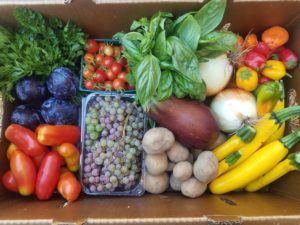 Sustainable Solano is committed to continue working with various stakeholders and community partners to strengthen our local food economy. However, we cannot do it without a broad support of this vision from our communities! Please give your personal and family food supply a thought! To find out more, attend one of our many public educational events and consider buying truly local. For the list of Community Supported Agriculture, farm stands, restaurants and retailers, please click here.
Sustainable Solano is committed to continue working with various stakeholders and community partners to strengthen our local food economy. However, we cannot do it without a broad support of this vision from our communities! Please give your personal and family food supply a thought! To find out more, attend one of our many public educational events and consider buying truly local. For the list of Community Supported Agriculture, farm stands, restaurants and retailers, please click here.
From the bottom of our hearts, THANK YOU to the owners and operators of the following farms who communicated with us during this process and contributed to our understanding of the current state of our local food economy:
Acquistapace Farms, Fairfield
Be Love Farm, Vacaville
Brazelton Ranch, Vacaville
Cherry Glen Beefmasters, Vacaville
Eatwell Farm and CSA, Dixon
Everything Under The Sun, Dixon
Grabishfarm, Dixon
Il Fiorello Olive Oil Company, Fairfield
Lockewood Acres Organic Farm, Vacaville
McCormack Ranch
Menagerie Hill Ranch, Vacaville
Pleasants Valley Honey Company, Vacaville
Robledo Produce, Fairfield
Rock Hill Ranch Chickens, Fairfield
Saechao Family Farm, Fairfield
Sepay Groves Olive Oil, Fairfield
Sierra Orchards, Dixon
Solano Mushroom Farm, Vacaville
Soul Food Farm, Vacaville
Tenbrink Farm, Fairfield
The Cloverleaf at Bridgeway Farms, Dixon
The Collins Farm, Dixon
Nov 30, 2017
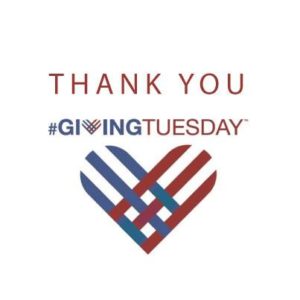
What a beautiful reminder of the heart, generosity and support that we have in our community! Because of your generous donations through this year’s #GivingTuesday campaign, we are re-energized in knowing that our vision for a more sustainable Solano county is backed by the very communities we work so hard to enrich through our programs.
We truly appreciate everyone taking part in this global day of giving back and are so grateful to those that celebrated with us this on this powerful day of giving back. Your generous gift will help us continue to bring to you educational workshops about sustainable landscaping practices and wise water use, inspirational speakers and seasonal cooking classes, maintain our two Benicia community gardens and help connect local food producers to residents like YOU through Community Supported Agriculture. On behalf of everyone here at Sustainable Solano, THANK YOU for your gifts, energy and engagement. We hope you continue to GROW WITH US on this journey.
WE GROW FOOD, LEADERSHIP, AWARENESS, HOPE AND FUTURE!
Photo: Inspired young helpers of our next generation of growers break ground at this month’s demonstration food forest installation at Loma Vista Farm in Vallejo.
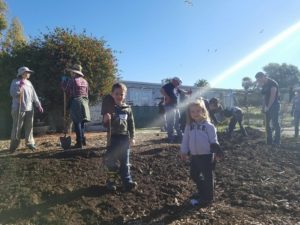
Were Not Able to Give a Monetary Donation?
There are still lots of ways to help and get involved! You can give the gift of time and energy by sharing a special skill or talent. Click here to learn how. You can also help support us all year long by choosing Sustainable Solano as your beneficiary nonprofit while shopping Amazon.com through their AmazonSmile program. Click here to bookmark our unique link and Sustainable Solano will receive 0.5% of each purchase made!
Nov 29, 2017
By Rileigh Barton
Hi, I’m Rileigh, and I’m 13 years old. I volunteer for Sustainable Solano with my dad. I’ve gone to two Sustainable Landscaping classes so far at a food forest in Fairfield called “Mom’s Delight.” But first, I’ll tell you a little about me, and how I got involved in permaculture.
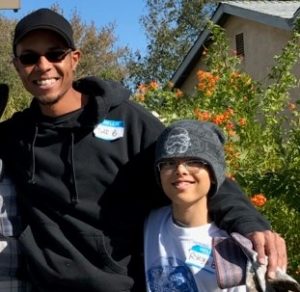
It all started at The Tomato Festival, Fairfield’s annual celebration of the tomato harvest, in August. My dad met Kathleen Huffman, Landscape Designer; and Nicole Newell, Program Manager at Sustainable Solano, and got involved with the program. Once he bought certified permaculture expert Denise Rushing’s book, “Tending the Soul’s Garden: Permaculture as a Way Forward Through Difficult Times“, Dad became fascinated with the idea of permaculture, which is short for permanent agriculture. Permaculture design is a way to work with nature to grow a resilient and edible eco-system. In September, Dad went to a Speaker Training class which kicked off my own interest in permaculture.
Two weeks ago on Saturday, Dad and I went to a Sustainable Landscape class, and witnessed the birth of a food forest. Kathleen talked to us about what we were going to be doing that day, and she taught us what swales were. Then the Food Forest Keeper, Brenda, came up front and told us about the forest. She’d nicknamed it “Mom’s Delight” because before she planted the garden in the backyard, her mom stayed inside all the time. Now her mom comes out and walks around and she’s happy. We then got to work. We first dug a swale, a ditch about 2 feet wide and 1 foot deep that is flat on the bottom. Then we filled it with mulch. There were lots of big dirt clods, and Kevin, a fellow volunteer, came in with a mattock to break up some of the clods. Before we planted the calamondin tree and the apple tree, Kathleen gave us a small lesson on how to plant trees and the best conditions for them. Then we planted the trees, mixing the natural soil with organic potting soil, and watered them.
A couple days ago, Dad and I went to another Sustainable Landscaping class. This time we were installing a Laundry-to-Landscape system, which saves time, saves water, and conserves energy. Christina and Nina from Greywater Action talked to us about these benefits and more, and oversaw the event. Up until lunch half of us worked inside while the other half worked outside. Dad and I worked on digging mulch basins, which are similar to swales, but often surround a single plant. Kevin and I took turns with the mattock to help with the digging. After lunch, we assembled and installed the Laundry-to-Landscape pipes. Then we worked together to irrigate the mulch basins. We didn’t quite finish, but Dad, Kathleen, and I came back the next day to finish.
This experience was one of the best things I’ve ever done. Permaculture is the only way to make Earth a healthier, and nicer, place to live. Definitely more people should participate in this, and I’m glad I got the chance to: “Save the world, one yard at a time!”

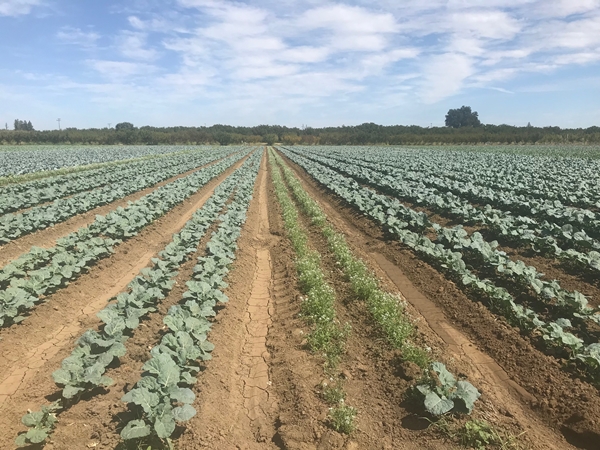
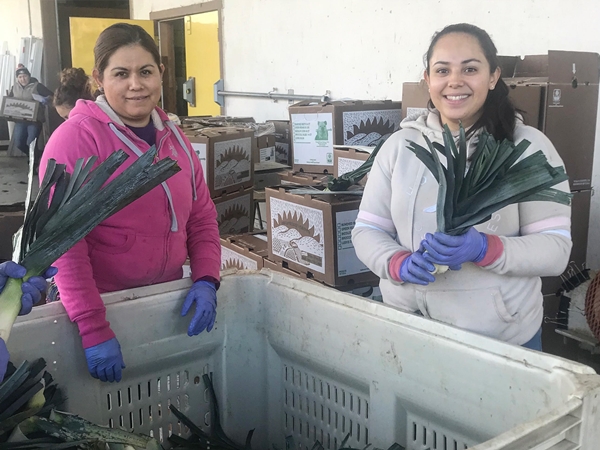
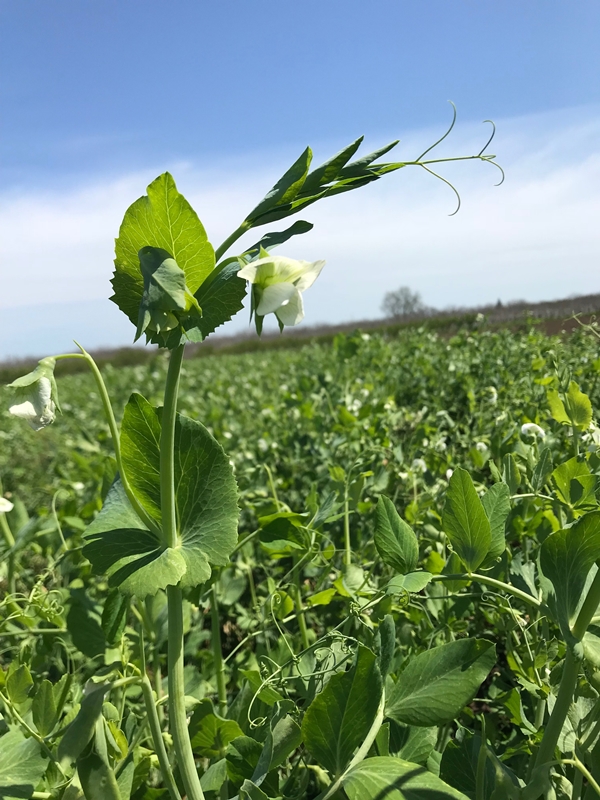
 Between August 13th and September 18th,
Between August 13th and September 18th,  Sustainable Solano is committed to continue working with various stakeholders and community partners to strengthen our local food economy. However, we cannot do it without a broad support of this vision from our communities! Please give your personal and family food supply a thought! To find out more, attend one of our many public educational events and consider buying truly local. For the list of Community Supported Agriculture, farm stands, restaurants and retailers, please
Sustainable Solano is committed to continue working with various stakeholders and community partners to strengthen our local food economy. However, we cannot do it without a broad support of this vision from our communities! Please give your personal and family food supply a thought! To find out more, attend one of our many public educational events and consider buying truly local. For the list of Community Supported Agriculture, farm stands, restaurants and retailers, please 


